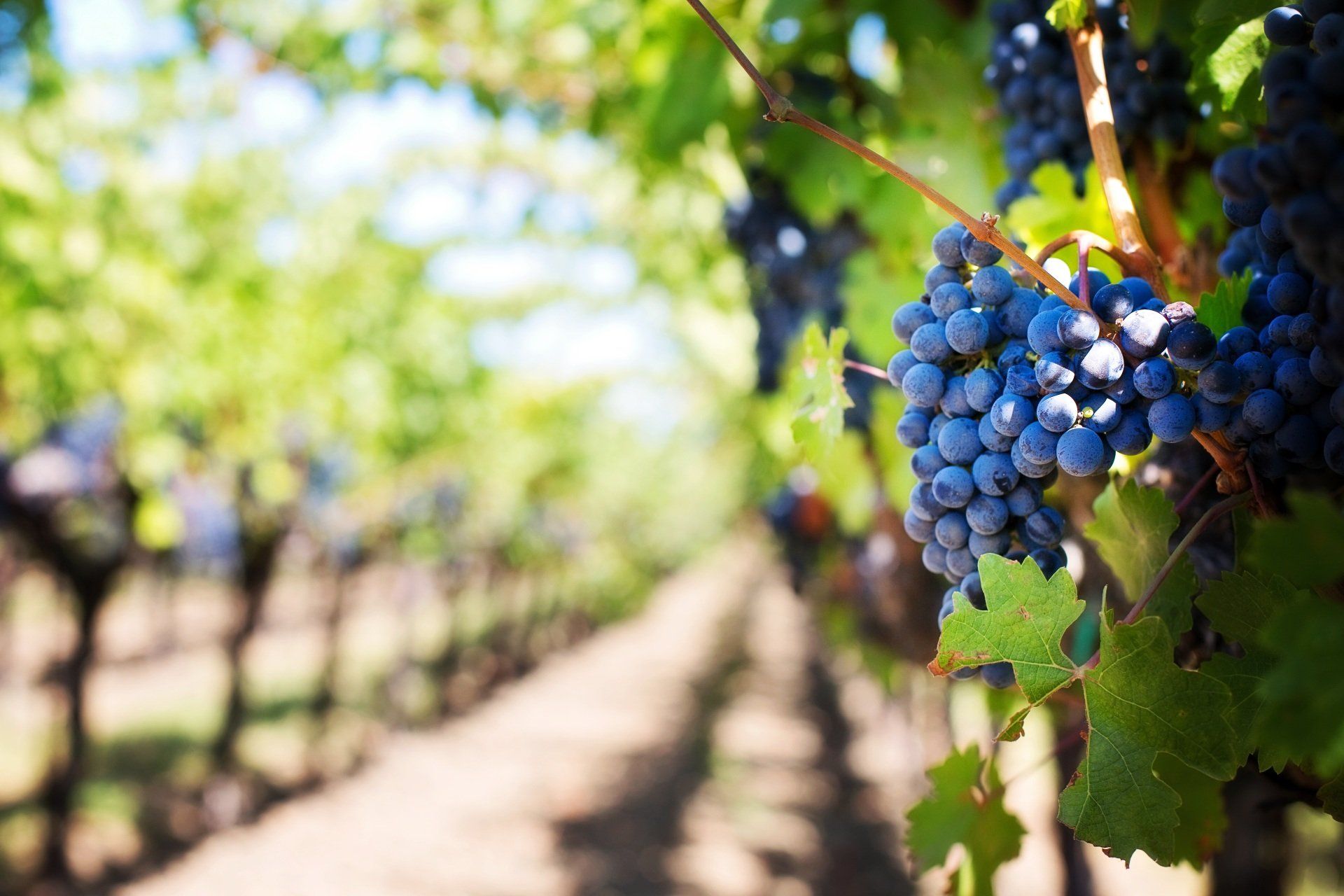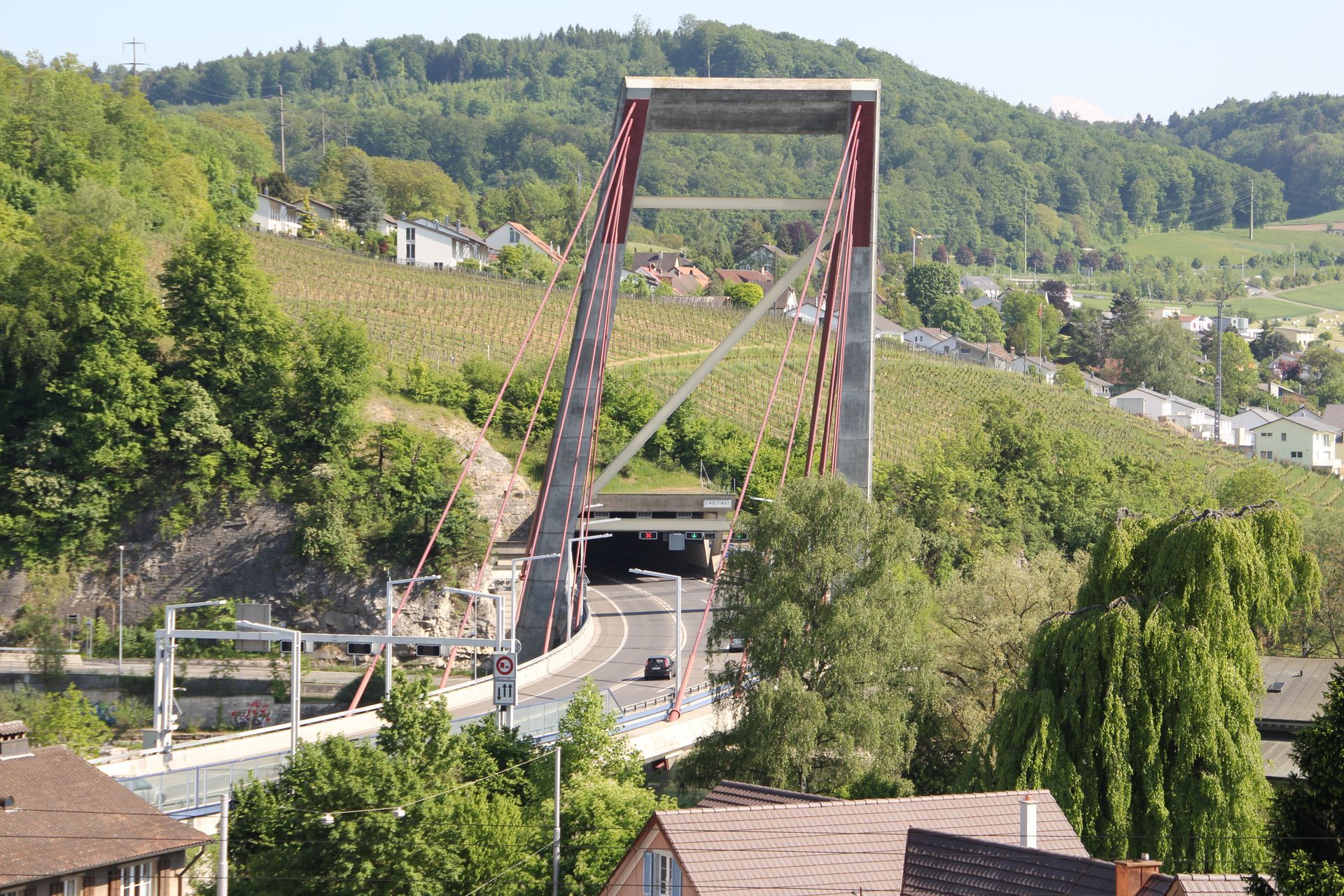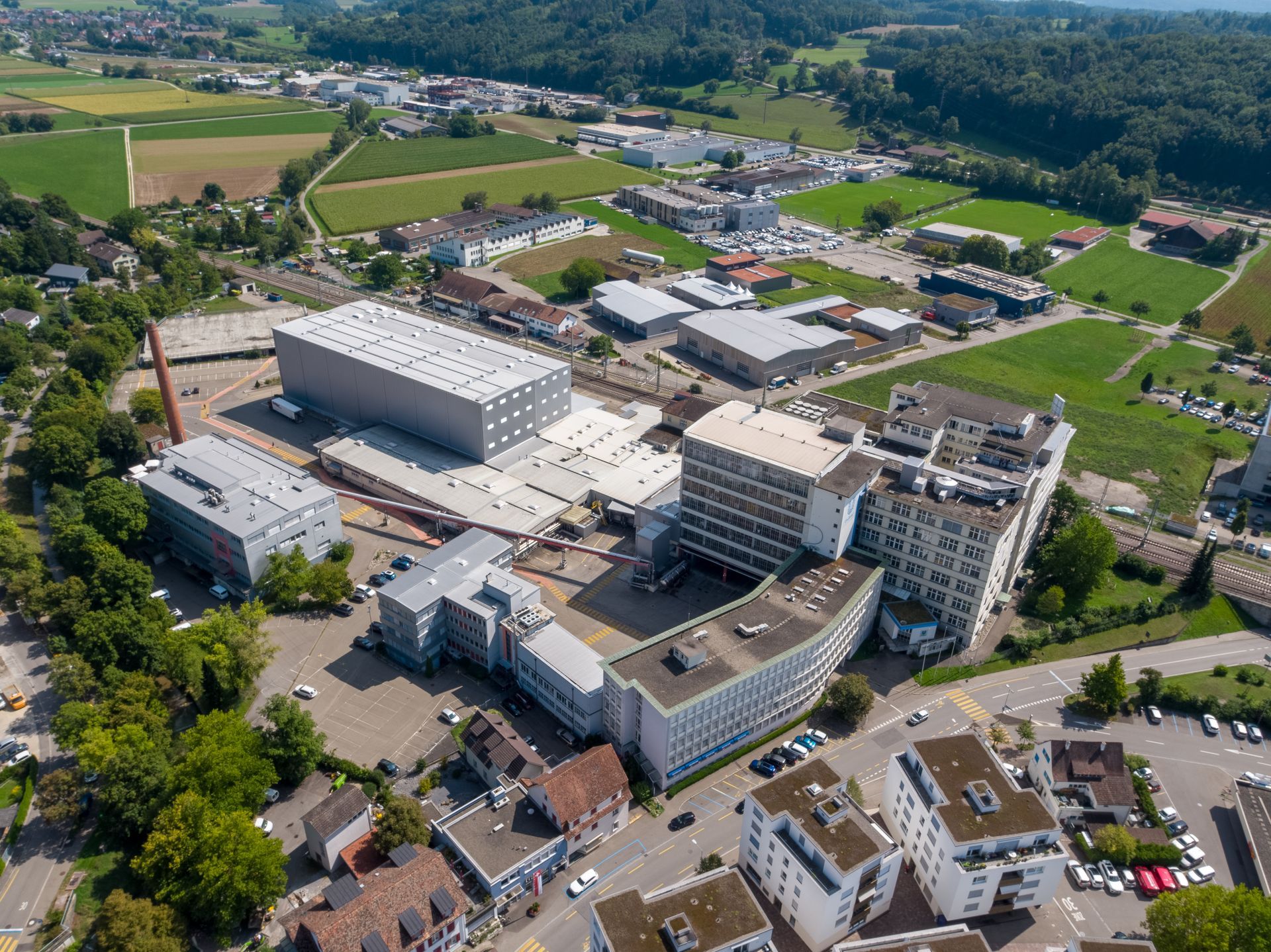Artificial intelligence has long since reached agriculture and, with it, viticulture. The use of new technologies can enable higher-yielding and more resource-efficient cultivation of vineyards. A pioneering project for the detection and treatment of downy mildew is now using AI-based forecasts to optimise and reduce the application of plant protection products in viticulture - including in Schaffhausen.
Viticulture faces numerous challenges. Unfavourable weather conditions, pests, diseases and weeds reduce yields and lead to planning uncertainties. At the same time, there are calls for resource-conserving cultivation and a reduction in the use of pesticides. The viticulture sector is called upon to develop solutions to the challenges that lie ahead. Advanced technologies can help to make data-supported and fact-based decisions in favour of healthy vines and sustainable viticulture.
An AI-supported forecasting model aims to provide a remedy and help to recognise and treat the fungal disease "downy mildew". To this end, a new collaborative research project is being launched with the participation of Schaffhausen. Over the course of three years, data will be continuously collected, models developed and algorithms optimised under the name "AI-based downy mildew forecasting". The project is being carried out in collaboration between the Wädenswil Viticulture Centre and the IT company Databaum, with the involvement of committed winegrowers. The Swiss Federal Research Centre Agroscope, which tests and develops smart technologies for agriculture in Schaffhausen, is also part of the project team.
The project is another example of the application of future-orientated technologies that is being implemented in the canton of Schaffhausen in the area of "Smart Farming".







